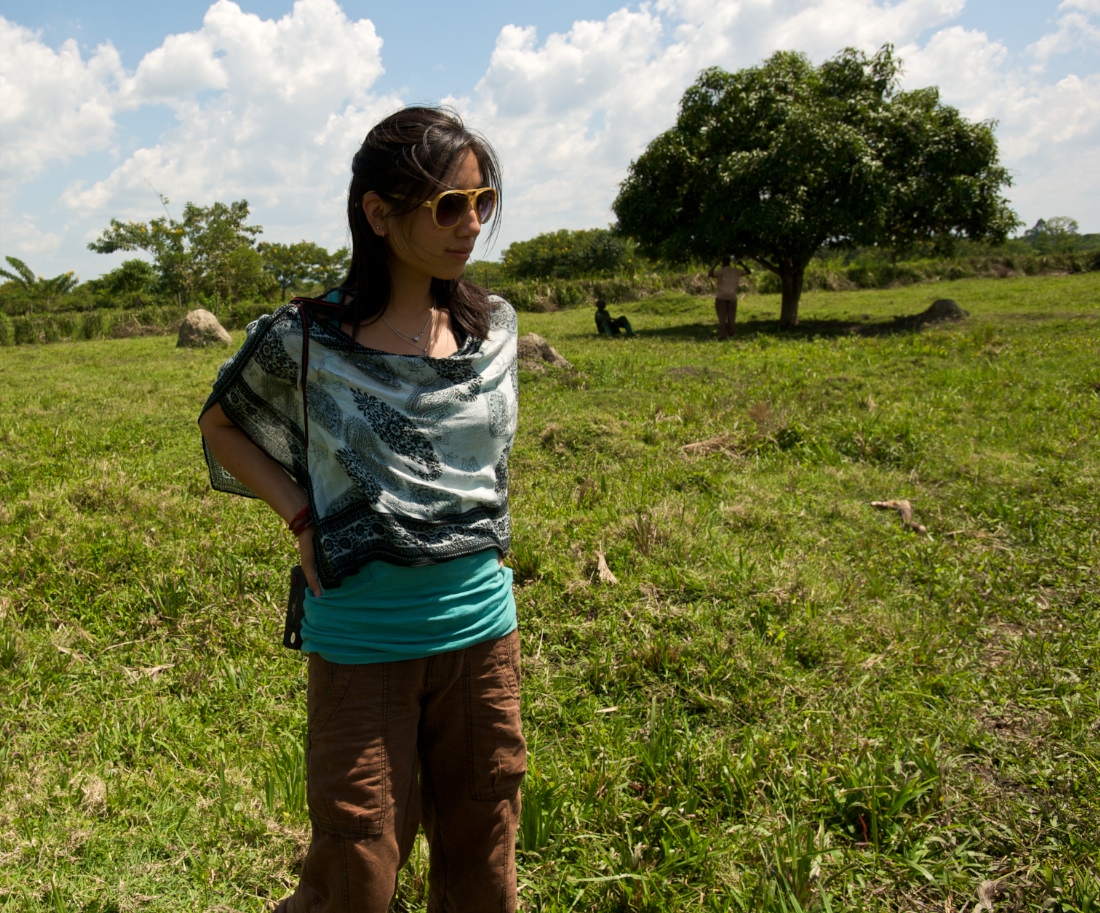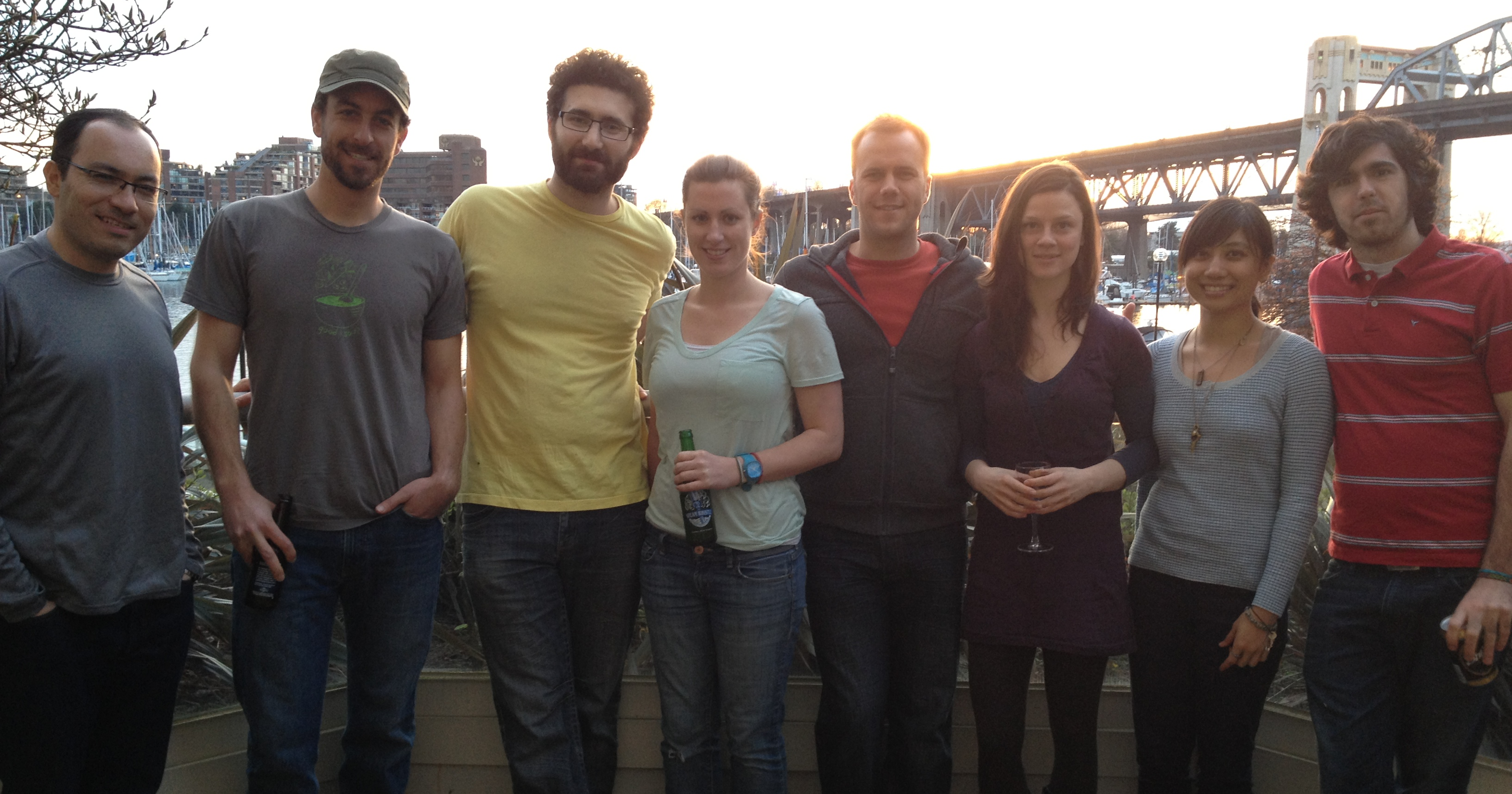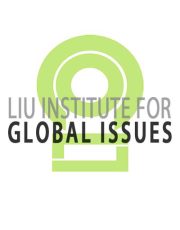Elaine Hsiao’s research seeks to promote peace parks or transboundary conservation areas for peace and cooperation in areas with a history of or on-going armed conflict for more just conservation, peace (international, social and ecological), and connectivity (linkages between protected areas, land and water, humans and land or Nature, or people and people through Nature).
Prior to starting her Ph.D., Elaine spent nine months with a Fulbright in border villages adjacent to the Central Albertine Rift Transfrontier Protected Area Network. Her research there promoted the development of networks of local water user groups for community-based transboundary integrated water resources management for peace and resilience. She is the Co-Director/Producer of a documentary film, “Transcending Boundaries: Perspectives from the Central Albertine Rift Transfrontier Protected Area Network.” Elaine continues to consult on peace park initiatives in Honduras/Nicaragua, as well as Uganda/South Sudan, and is the Mesoamerican Coordinator of International Peace Park Expeditions.
Elaine Hsiao has worked as a volunteer in government (MINAE) conservation projects in Costa Rica, with the School of the Seas (SoS) in the Philippines, and indigenous groups of Morelos, Mexico with la Coordinadora de los Grupos Culturales Indigenas y Populares (CGCIP). She has also advised on climate change and protected areas issues with Natural England, the quasi-NGO environment and conservation advisor to the Government of England, and as a delegate of the Permanent Mission of the Union of the Comoros to the United Nations in New York.
Her interest in international development includes research in places characterized by developing economies that is either participatory, emancipatory and/or collaborative; alternative development and anti-development (particularly indigenous or community-based approaches, including reconceptualizing or contesting existing concepts of development); and development as it relates to peace, conflict and socio-ecological resilience.




